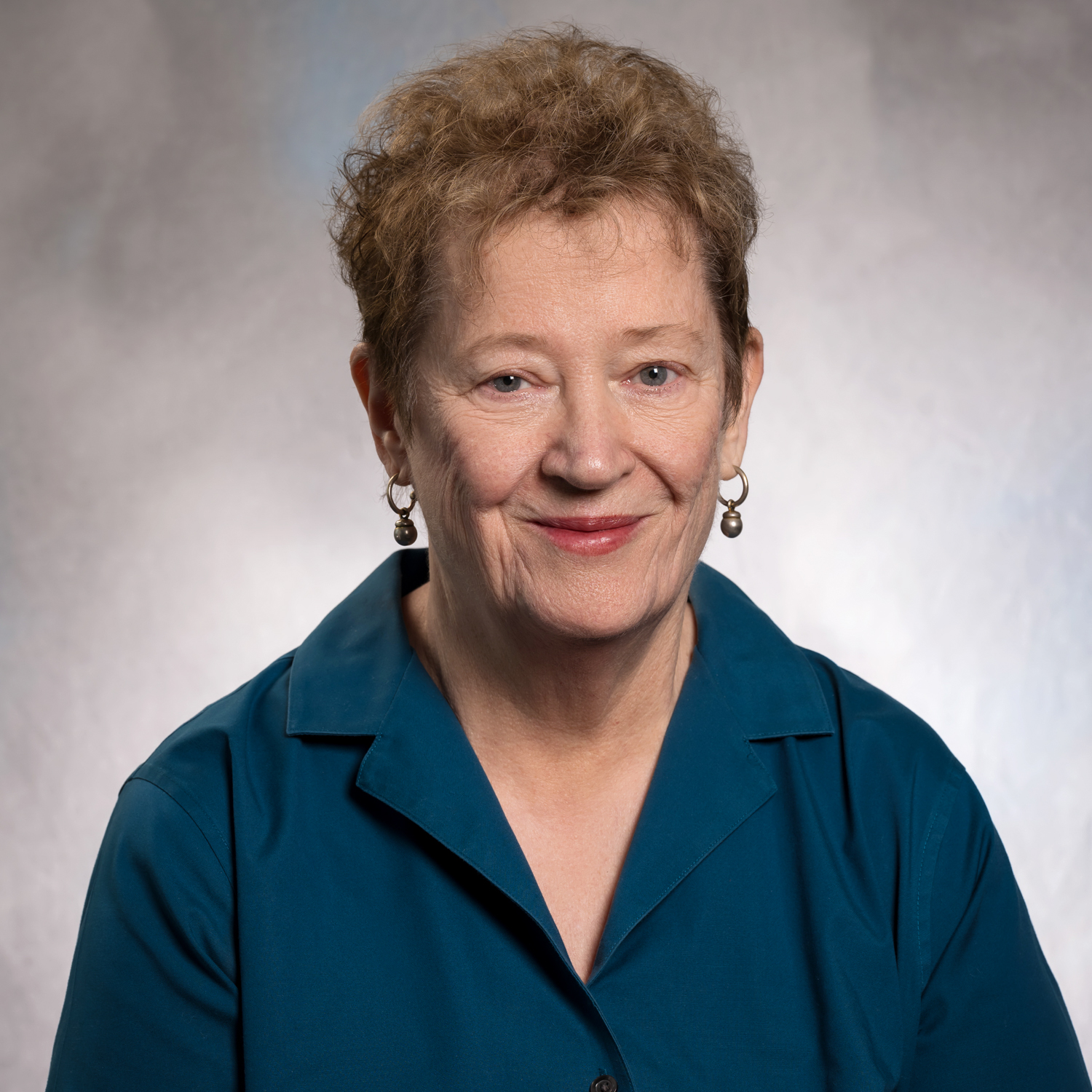December 12, 2024: 13th Donald C. Goff, M.D., Lecture in Schizophrenia - A Neuroimaging Journey Toward Understanding Schizophrenia: Past, Present, and Future (Northern)
A Neuroimaging Journey Toward Understanding Schizophrenia: Past, Present, and Future
Description: In this presentation, I describe the history of neuroimaging studies in schizophrenia, including the technological advances and the socio-cultural and ideological influences that impact the scientific investigation of schizophrenia. I also highlight the 1990s Decade of the Brain and studies from our laboratory, the Psychiatry Neuroimaging Laboratory. Moving to more recent studies, I review an important new direction in medical research the Accelerated Medicines Partnership® (AMP®) programs, managed by the Foundation for the National Institute of Health (FNIH) and established in 2014. This program brings together the resources and expertise of NIH investigators with industry, and private and public partners to solve pressing challenges in several diseases needing critical attention. One of the 10 programs includes the AMP® Schizophrenia (AMP SCZ) program launched in 2020 and the first to focus on neuropsychiatric diseases. This program’s mission, supported by the National Institute of Mental Health, is: 1) to fast-track discovery and to address the need for early diagnosis and monitoring tools in individuals at clinically high risk for psychosis using advanced data capture systems and new guidelines called FAIR principles (feasible, accessible, interoperable, and reusable; see Wilkinson et al., 2016), and 2) to develop biomarkers to be used in future clinical trials of new pharmaceutical interventions to increase the efficacy of individual outcomes (see also Wannan et al., 2024). Regarding the latter study, I will discuss our lab’s role as the data processing, analysis, and coordination center for AMP SCZ.
Target Audience
This program is intended for Psychiatrists, Psychologists, General and Family Practice Physicians, Psychiatric Nurses, Physician Assistants, Nurse Practitioners, and Social Workers.
Learning Objectives
Upon completion of the activity, participants will be able to:
- List some of the crude methods that have been used to investigate the living brain in patients diagnosed with schizophrenia that are infrequently used today or banned in the last decade of the 20th century. Now describe what breakthrough technology adapted from satellite technology in the 1990s, the Decade of the Brain allowed researchers to quantify volume measures, which were not previously available and took 15 years to develop.
- Discuss one or more methodological advances in neuroimaging that brought us confirmatory evidence that schizophrenia is a brain disorder.
- Identify and explain key components, such as data capture, quality control, and dissemination of data, from big data science projects like the AMP SCZ.
SPEAKER(S)
Martha Shenton, PhD
Martha Shenton, PhD
Martha E. Shenton, Ph.D., is a Professor in Psychiatry and Radiology at Harvard Medical School and founding Director of the Psychiatry Neuroimaging Laboratory at Brigham and Women’s Hospital. She and her team have pioneered in developing neuroimaging tools to understand brain alterations in neuropsychiatric disorders that include schizophrenia, early psychoses, clinical high risk for psychosis, mild traumatic brain injury, and post-traumatic stress. The research team is interdisciplinary with experts in neuroradiology, physics, statistics, psychiatry, psychology, computer science, biomedical engineering, and neurobiology—all bringing unique skills and knowledge to develop and apply novel imaging techniques to understand neuropsychiatric disorders. Public and private grant funds support her research. She is the recipient of many awards, including four career awards from NIMH, a Distinguished NARSAD Award, the William Silen Lifetime Achievement Award for Excellence in Mentoring, from Harvard Medical School, and she is a fellow in the American College of Neuropsychopharmacology. Her previous multi-site and multi-modal large-scale research studies in schizophrenia set the stage for her team’s most recent work as the data processing, analysis, and coordination center for the Accelerated Medicines Partnership® Schizophrenia (AMP SCZ) project. This project is the largest study to date on those at clinically high risk of developing psychosis. Her team works with two research networks composed of 43 sites worldwide to create real-time processing of data and data quality assessment to identify homogeneous subgroups within this heterogeneous population to predict disease trajectory and outcomes in those who are at clinically high risk for psychoses.
Disclosures:
Available Credit
- 1.00 AMA PRA Category 1 Credit™
This activity has been planned and implemented in accordance with the accreditation requirements and policies of the Accreditation Council for Continuing Medical Education (ACCME) through the joint providership of IHP and Massachusetts General Hospital. IHP is accredited by the ACCME to provide continuing medical education for physicians.
IHP designates this Enduring activity for a maximum of 1.00 AMA PRA Category 1 Credit™. Physicians should only claim credit commensurate with the extent of their participation in the activity.
- 1.00 Nursing Contact Hours
Massachusetts General Laws, Chapter 13, sections 13, 14, 14A, 15 and 15D and Chapter 112, sections 74 through 81C authorize the Board of Registration in Nursing to regulate nursing practice and education.
This program meets the requirements of the Massachusetts Board of Registration in Nursing (244 CMR 5.00) for 1.00 contact hours of nursing continuing education credit. Advance practice nurses, please note: Educational activities which meet the requirements of the ACCME (such as this activity) count towards 50% of the nursing requirement for ANCC accreditation.
- 1.00 Social Workers
As a Jointly Accredited Organization, the MGH Institute of Health Professions is approved to offer social work continuing education by the Association of Social Work Boards (ASWB) Approved Continuing Education (ACE) program. Organizations, not individual courses, are approved under this program. State and provincial regulatory boards have the final authority to determine whether an individual course may be accepted for continuing education credit. MGH Institute of Health Professions maintains responsibility for this course. Social workers completing this course receive 1.00 clock hours for continuing education credits.
- 1.00 Participation
This course allows other providers to claim a Participation Certificate upon successful completion of this course.
Participation Certificates will specify the title, location, type of activity, date of activity, and number of AMA PRA Category 1 Credit™ associated with the activity. Providers should check with their regulatory agencies to determine ways in which AMA PRA Category 1 Credit™ may or may not fulfill continuing education requirements. Providers should also consider saving copies of brochures, agenda, and other supporting documents.
- 1.00 Psychologists CE Credit
Continuing Education (CE) credits for psychologists are provided through the co-sponsorship of the American Psychological Association (APA) Office of Continuing Education in Psychology (CEP). The APA CEP Office maintains responsibility for the content of the programs. MGH Institute of Health Professions designates this activity for 1.00 CE credit.
Accreditation
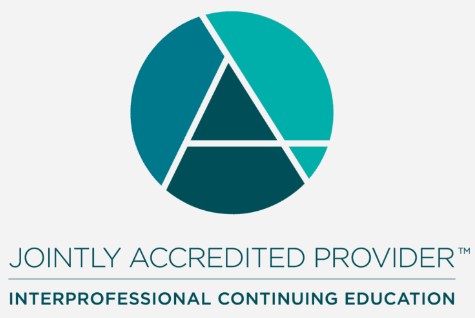 In support of improving patient care, MGH Institute of Health Professions is jointly accredited by the Accreditation Council for Continuing Medical Education (ACCME), the Accreditation Council for Pharmacy Education (ACPE), and the American Nurses Credentialing Center (ANCC) to provide continuing education for the healthcare team.
In support of improving patient care, MGH Institute of Health Professions is jointly accredited by the Accreditation Council for Continuing Medical Education (ACCME), the Accreditation Council for Pharmacy Education (ACPE), and the American Nurses Credentialing Center (ANCC) to provide continuing education for the healthcare team.
1.0 Physicians
MGH Institute of Health Professions designates this live activity for a maximum of 1.0 AMA PRA Category 1 Credits ™. Physicians should claim only credit commensurate with the extent of their participation in this activity.
1.0 Physician Associates/Assistants
AAPA Credit Designation Statement – Live
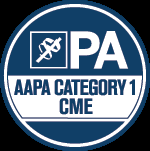 MGH Institute of Health Professions has been authorized by the American Academy of PAs (AAPA) to award AAPA Category 1 CME credit for activities planned in accordance with AAPA CME Criteria. This activity is designated for 1.0 AAPA Category 1 CME credits. PAs should only claim credit commensurate with the extent of their participation.
MGH Institute of Health Professions has been authorized by the American Academy of PAs (AAPA) to award AAPA Category 1 CME credit for activities planned in accordance with AAPA CME Criteria. This activity is designated for 1.0 AAPA Category 1 CME credits. PAs should only claim credit commensurate with the extent of their participation.
AAPA Credit Designation Statement – Enduring Materials
MGH Institute of Health Professions has been authorized by the American Academy of PAs (AAPA) to award AAPA Category 1 CME credit for activities planned in accordance with AAPA CME Criteria. This activity is designated for 1.0 AAPA Category 1 CME credits. Approval is valid until {Expiration Date). PAs should only claim credit commensurate with the extent of their participation.
1.0 Nursing
MGH Institute of Health Professions designates this activity for 1.0 contact hours for nurses. The American Academy of Nurse Practitioners Certification Board (AANPCB) accepts credit from organizations accredited by the ACCME and ANCC.
1.0 Pharmacists
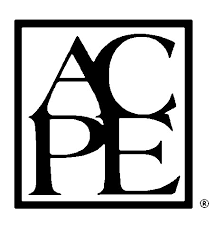 This activity provides 1.0 contact hours of continuing education credit.
This activity provides 1.0 contact hours of continuing education credit.
NOTE FOR PHARMACISTS: Upon closing of the electronic evaluation, IHP will upload the pharmacy-related continuing education information to the CPE Monitor within 60 days. Per ACPE rules, IHP does not have access nor the ability to upload credits requested after the evaluation closes. It is the responsibility of the pharmacist or pharmacy technician to provide the correct information [NABP ePID and DOB (in MMDD format)] in order to receive credit for participating in a CE activity.
1.0 Psychologists:
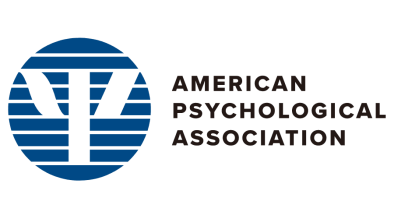 Continuing Education (CE) credits for psychologists are provided through the co-sponsorship of the American Psychological Association (APA) Office of Continuing Education in Psychology (CEP). The APA CEP Office maintains responsibility for the content of the programs. MGH Institute of Health Professions designates this activity for 1.0 CE credit.
Continuing Education (CE) credits for psychologists are provided through the co-sponsorship of the American Psychological Association (APA) Office of Continuing Education in Psychology (CEP). The APA CEP Office maintains responsibility for the content of the programs. MGH Institute of Health Professions designates this activity for 1.0 CE credit.
1.0 Social Workers
 As a Jointly Accredited Organization, MGH Institute of Health Professions is approved to offer social work continuing education by the Association of Social Work Boards (ASWB) Approved Continuing Education (ACE) program. Organizations, not individual courses, are approved under this program. State and provincial regulatory boards have the final authority to determine whether an individual course may be accepted for continuing education credit. MGH Institute of Health Professions maintains responsibility for this course. Social workers completing this course receive 1.0 clock hours for continuing education credits.
As a Jointly Accredited Organization, MGH Institute of Health Professions is approved to offer social work continuing education by the Association of Social Work Boards (ASWB) Approved Continuing Education (ACE) program. Organizations, not individual courses, are approved under this program. State and provincial regulatory boards have the final authority to determine whether an individual course may be accepted for continuing education credit. MGH Institute of Health Professions maintains responsibility for this course. Social workers completing this course receive 1.0 clock hours for continuing education credits.
1.0 IPCE Credit
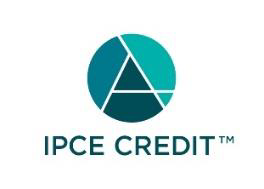 This activity was planned by and for the healthcare team, and learners will receive 1.0 Interprofessional Continuing Education (IPCE) credit for learning and change.
This activity was planned by and for the healthcare team, and learners will receive 1.0 Interprofessional Continuing Education (IPCE) credit for learning and change.

 Facebook
Facebook X
X LinkedIn
LinkedIn Forward
Forward